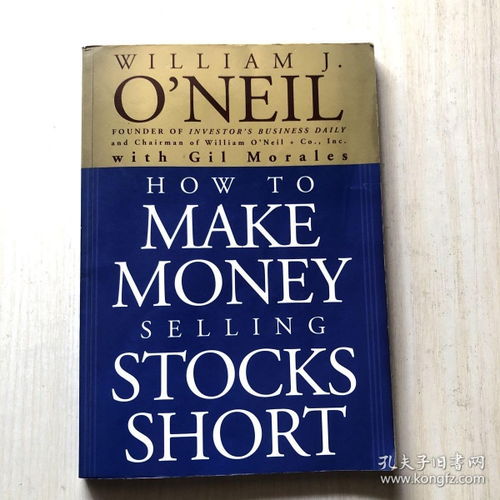How to Make Money in a Bull Market
Investing in a bull market can be an exciting and potentially lucrative endeavor. A bull market is characterized by rising prices and optimism in the financial markets. To make the most of this upward trend, it’s essential to have a well-rounded strategy. Here’s a detailed guide on how you can make money in a bull market.
Understanding the Bull Market

Before diving into strategies, it’s crucial to understand what a bull market is. A bull market is a period when the value of investments, typically stocks, increases over time. This upward trend is often driven by economic growth, positive corporate earnings, and investor optimism.
According to the Wall Street Journal, the S&P 500 has returned an average of 10.3% annually over the past 100 years during bull markets. However, it’s important to note that bull markets can be unpredictable and volatile.
1. Diversify Your Portfolio

Diversification is key to managing risk and maximizing returns in a bull market. By spreading your investments across various asset classes, sectors, and geographic regions, you can reduce the impact of any single investment’s performance on your overall portfolio.
Consider including the following in your diversified portfolio:
- Stocks: Invest in a mix of large-cap, mid-cap, and small-cap stocks to capture different growth opportunities.
- Bonds: Include bonds or bond funds to provide stability and income during the bull market.
- Real Estate: Invest in real estate or real estate investment trusts (REITs) for long-term growth and income.
- Commodities: Invest in commodities like gold, oil, or agricultural products for diversification and protection against inflation.
2. Focus on Growth Stocks

In a bull market, growth stocks tend to outperform value stocks. Growth stocks are companies with high earnings growth potential, often driven by innovation, expansion, or market dominance.
When selecting growth stocks, consider the following factors:
- Revenue Growth: Look for companies with a consistent track record of increasing revenue.
- Earnings Growth: Companies with strong earnings growth are more likely to continue performing well in a bull market.
- Market Position: Invest in companies with a strong market position and competitive advantage.
Some popular growth stocks to consider include:
- Apple Inc. (AAPL)
- Amazon.com Inc. (AMZN)
- Microsoft Corporation (MSFT)
- Facebook Inc. (META)
3. Invest in Sector Rotation
Sector rotation involves shifting your investments between different sectors of the economy to capitalize on market trends. In a bull market, certain sectors may outperform others, depending on economic conditions and industry trends.
Here are some sectors to consider in a bull market:
- Technology: The tech sector has been a significant performer in bull markets, driven by innovation and growth.
- Healthcare: The healthcare sector is often resilient during economic downturns and can benefit from an aging population.
- Financials: The financial sector can perform well in a bull market, driven by economic growth and increased consumer spending.
- Consumer Discretionary: The consumer discretionary sector can benefit from rising consumer confidence and spending.
4. Use Leverage Wisely
Leverage can amplify your returns in a bull market, but it also increases your risk. Leverage involves borrowing money to invest, which can multiply your gains but also magnify your losses.
When using leverage, consider the following:
- Understand the Risks: Be aware of the potential for significant losses if the market turns against you.
- Use Margin Wisely: Only borrow money for investments you are confident in and have a solid understanding of.
- Monitor Your Portfolio: Keep a close eye on your investments and adjust your strategy as needed.
5. Stay Disciplined and Patient
One of the most important aspects of investing in a bull market is staying disciplined and patient. Avoid making impulsive decisions based on short-term market movements. Instead, focus on your long-term investment goals and stick to your strategy.
According to Fidelity Investments, the average bull market lasts about 4.5 years.



